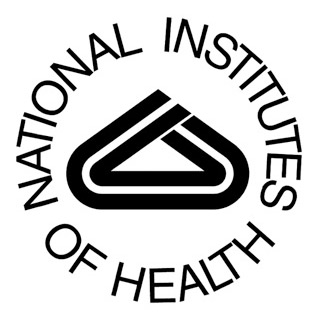
The clinical trial, known as HPTN 052, began in April 2005 and included 1,763 couples, all at least 18 years of age. The study conducted at 13 sites in Botswana, Brazil, India, Kenya, Malawi, South Africa, Thailand, the United States and Zimbabwe comprised 97 percent heterosexual couples. During the time of enrollment, 890 men and 873 women were diagnosed with HIV. The HIV-uninfected partners were tested negative for the virus within 14 days of entering the study. The couples were randomly assigned to either one of two study groups. In the first group, the HIV-infected partner had to take a combination of three antiretroviral drugs.
HIV-infected partners in the second group, on the other hand, were subjected to antiretroviral therapy when their CD4 counts fell below 250 cells/mm3 or an AIDS-related event, like Pneumocystis pneumonia, occurred. All through the study, both groups were under HIV-related care that comprised counseling on safe sex practices, free condoms, treatment for sexually transmitted infections, regular HIV testing, and frequent evaluation and treatment for any complications related to HIV infection. Both the groups received the same amount of care and counseling.
“Previous data about the potential value of antiretrovirals in making HIV-infected individuals less infectious to their sexual partners came largely from observational and epidemiological studies,†added NIAID Director Anthony S. Fauci, M.D. “This new finding convincingly demonstrates that treating the infected individual—and doing so sooner rather than later—can have a major impact on reducing HIV transmission.â€
On completion of the review, a total of 39 cases of HIV infection were reported by previously uninfected partners. From them 28 were apparently related through genetic analysis to the HIV-infected partner as the source of infection. Well, the other seven were seemingly not linked with the HIV-infected partner, and four infections are still undergoing analysis. From the 28 linked infections, 27 infections allegedly took place among the 877 couples in which the HIV-infected partner did not begin antiretroviral therapy immediately. There was one case wherein HIV infection seemingly occurred among those couples where the HIV-infected partner began immediate antiretroviral therapy. Scientists conclude that earlier initiation of antiretrovirals can cause a 96 percent reduction in HIV transmission to the HIV-uninfected partner.
The study was funded by the National Institute of Allergy and Infectious Diseases (NIAID), part of the National Institutes of Health (NIH).
